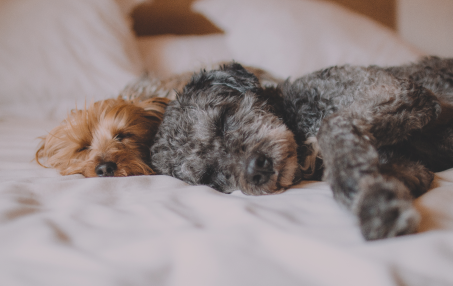
Anesthesia
General anesthesia is required for surgical, dental, or medical procedures. Many owners have questions or concerns about the safety of anesthesia for their pets. To reduce the risk of adverse reactions to anesthesia, we recommend blood work on all patients and require complete bloodwork (complete blood count and blood chemistries) on patients over the age of 7, ideally within one month prior to anesthesia. This testing can help detect changes that may affect the pet’s ability to metabolize certain drugs. All patients will have a physical examination by a doctor the day of anesthesia.
We use some of the most current anesthesia monitoring available. We routinely monitor blood pressure, pulse oximetry (oxygen carried in the blood), EKG (electrocardiogram) along with body temperature, heart and respiratory rate. In our older patients we may also monitor carbon dioxide production (exhaled CO2). Most of our surgeries and dentals have an IV catheter to ensure direct access to a vein which allows fluids to be administered during surgery.
We anesthetize most of our patients using the safest inhaled anesthesia available (Sevofluorane or Isofluorane). We aim to provide adequate pain management both during and after surgery. This also helps to reduce the amount of anesthesia needed during the procedures.